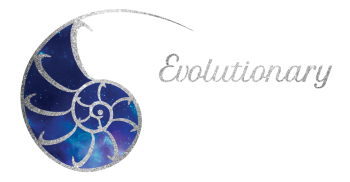At the Evolving Edge
A synthesis of archetypal insights, unfolding creativity and soulful wisdom
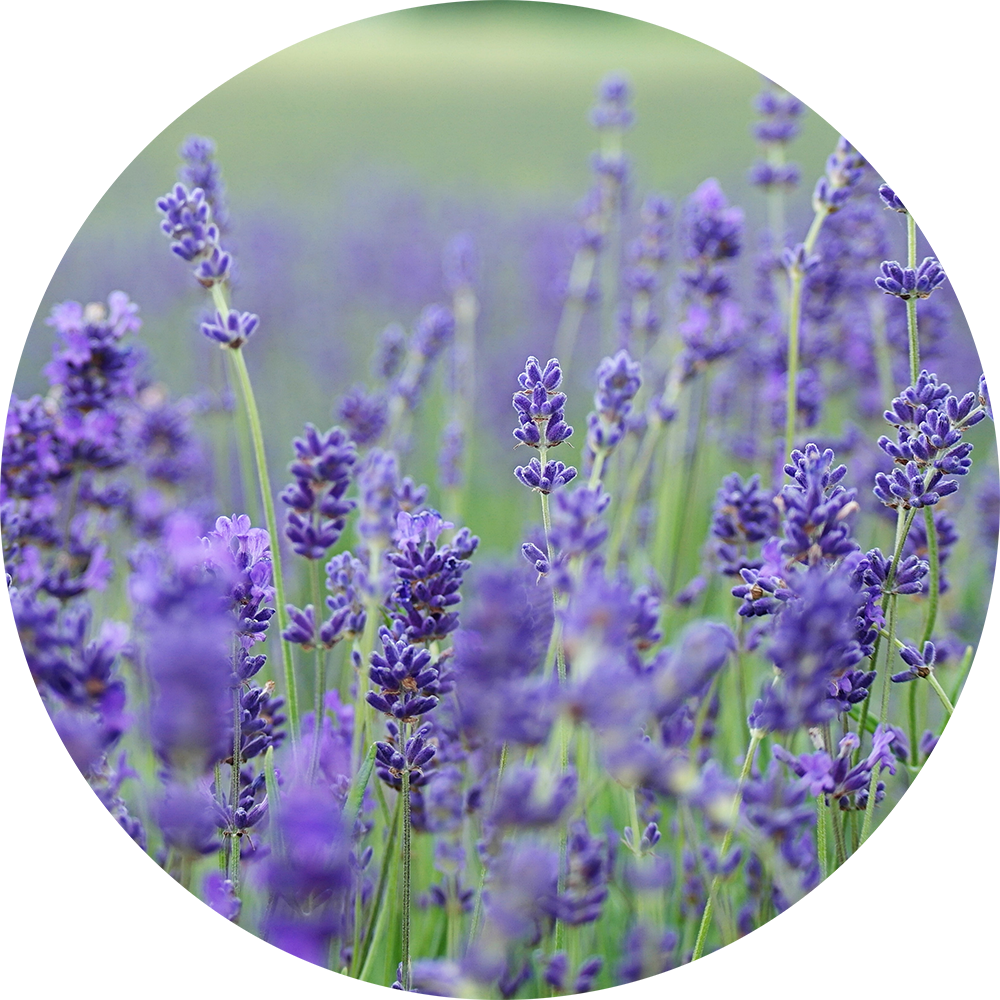
Symbiosis
The ecological concept of symbiosis meaning ‘life together’ has been central to all of Monica’s work since the early 1980s. She has supported symbiotic ways to improve the microbial health of our soil, plants, animals and humans.
Enderlein, endosymbiosis and evolution
Monica was the first person to introduce the visionary work of German microbiologist and polymath, Prof. Dr. Günther Enderlein (1872-1968) into the English language. Since the 1980s she has worked on translations of his pioneering research on the microbial ecology of diseases. Monica published articles and educated medical and natural health practitioners internationally about his theory on bacterial cyclogeny and symbiotic approach to health. During Enderlein’s life work, spanning sixty years, he wrote hundreds of scientific papers, lectured internationally and was a journal editor. He founded an Institute for the applications of his research on a natural bioregulatory process by which the inner microbial ecosystem maintains a symbiotic equilibrium.
The field of probiotics, microbiota and microbiome research is now part of collective awareness and has expanded from nutritional therapies to allopathic medicine. We are fundamentally integrated with the microbial world and it is essential to nurture our inner and outer microbial flora for biodiversity and health. It may be timely to reconsider lost or undervalued scientific knowledge by microbiological pioneers such as Enderlein. He identified a cyclic view of bacterial metamorphosis and the multitude of potential forms called pleomorphism that reveal deeper evolutionary organising principles. Enderlein’s insights may hold a vital key for the future well-being of all living ecosystems.
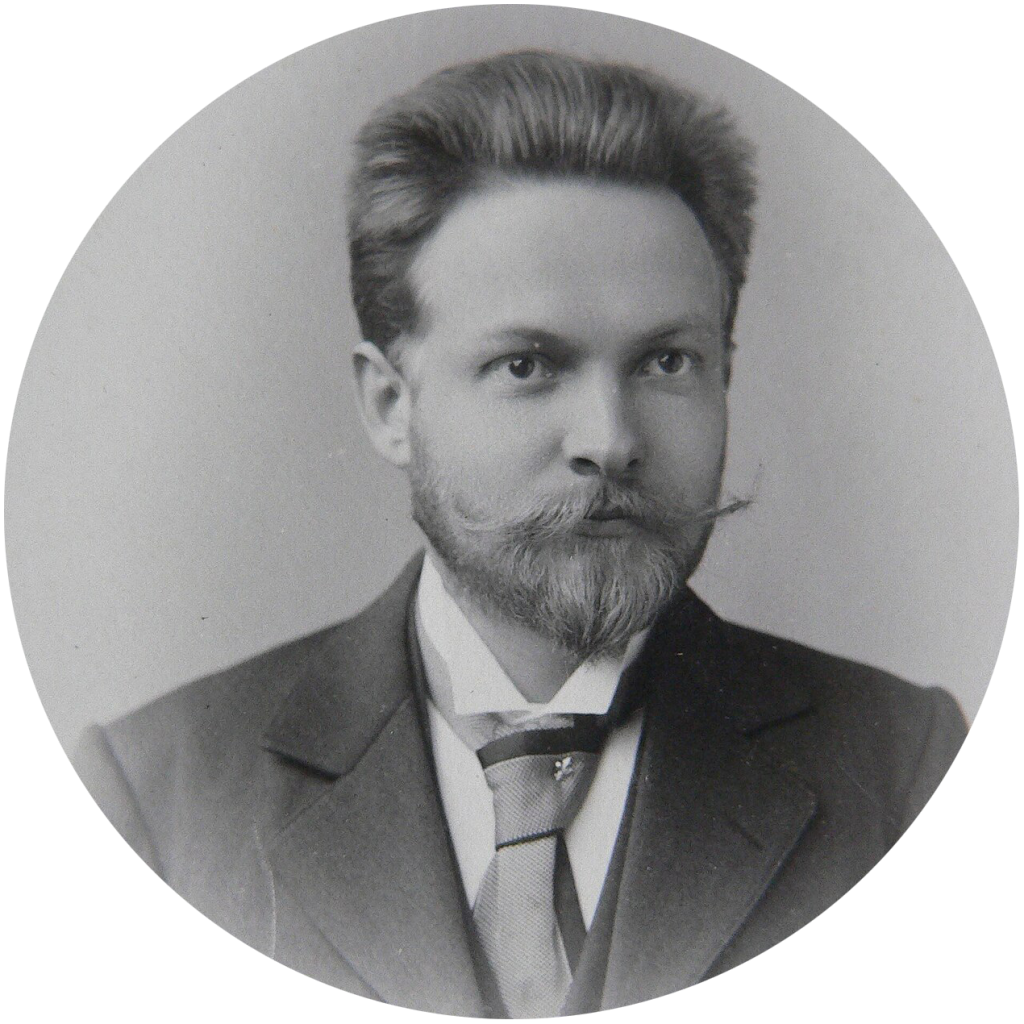
Prof. Dr. Günther Enderlein
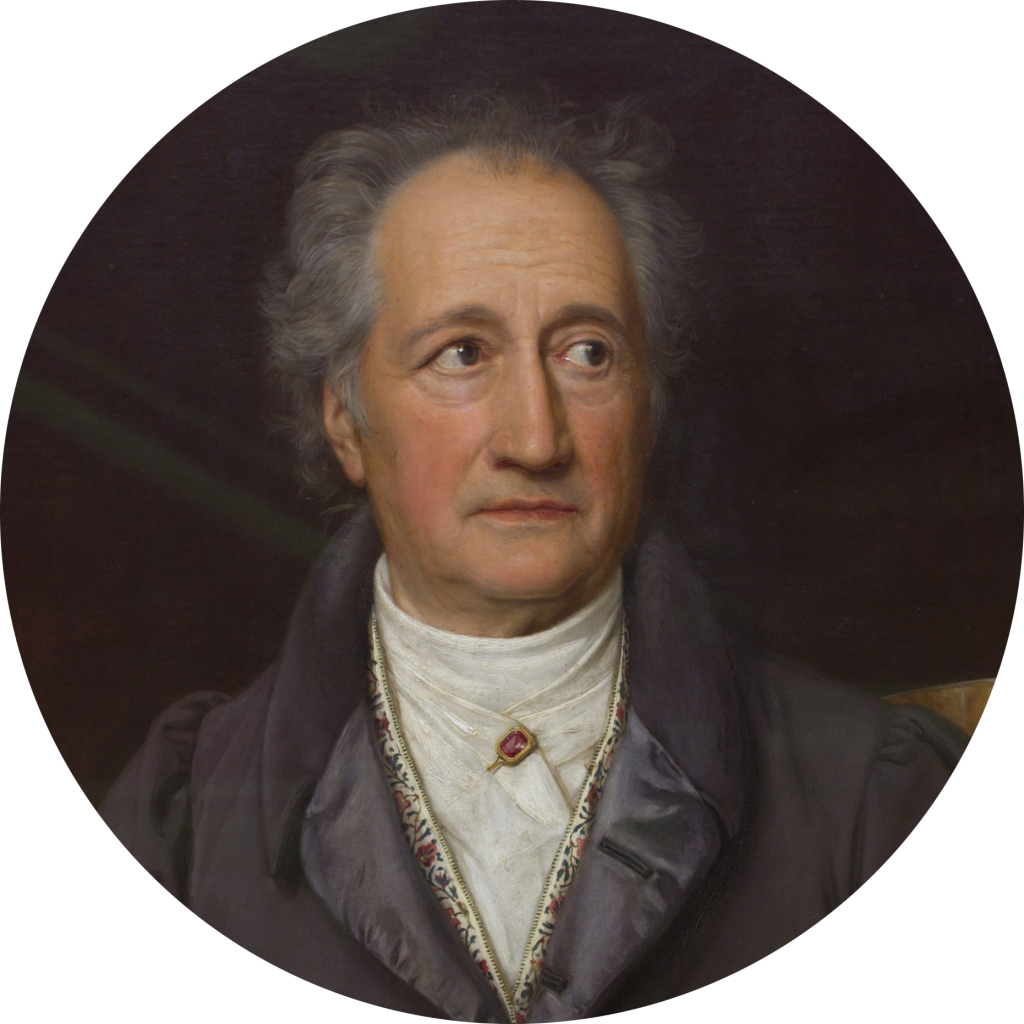
Johann Wolfgang von Goethe
Goethe and global Goetheanism
Johann Wolfgang von Goethe (1749–1832) made significant contributions to understanding the unfolding of life forms and the role of intuition in research. Goethe was a polymath, famous as a poet, author, artist and politician, who actually valued his scientific achievements the most, although he is less well-known in this endeavour. He pioneered morphology, the study of the emergence of form and the process of metamorphoses as seen in plants and animals. Goethe approached life with curiosity, wonder and an open-mindedness without preconceived ideas. He cultivated a holistic method of rigorous observation, a ‘delicate empiricism’, in which he used his intuition and imagination with his detailed and active art of seeing. He saw a co-creation between a researcher’s deepening intuitive perception, their transformative experiences and personal growth. Through detailed observation Goethe aimed to see reality as clearly as possible both outside and within himself. He identified various polarities and respected the cosmic rhythms of day and night, in and out-breath, as well as analysis and synthesis.
Monica first taught Goetheanism in the 1980s at the University of Sussex and appreciates how the Goethean mode of enquiry and perception can support the evolution of consciousness. Goetheanism is relational, mutual and ecological. It reveals deeper dimensions of holism and subtleties of archetypal qualities. Goetheanism is gathering increased academic attention and international scholarly literature.
Monica has belonged to various organisations such as the: International Biological Medicine, McCarrison Society, Health through Nutrition, Society of Homeopaths, British Holistic Medicine Association, Goethean Enquiry Study groups, Bioneers, Biodynamic Association and support of Biodynamic farms.
If you are interested to read Monica’s current writing, have any enquiries or if you wish to connect, please email Monica here
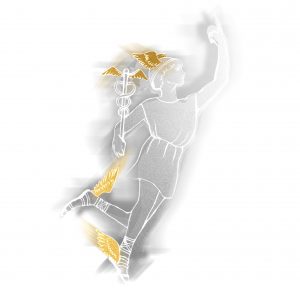
Hermes – The Messenger
